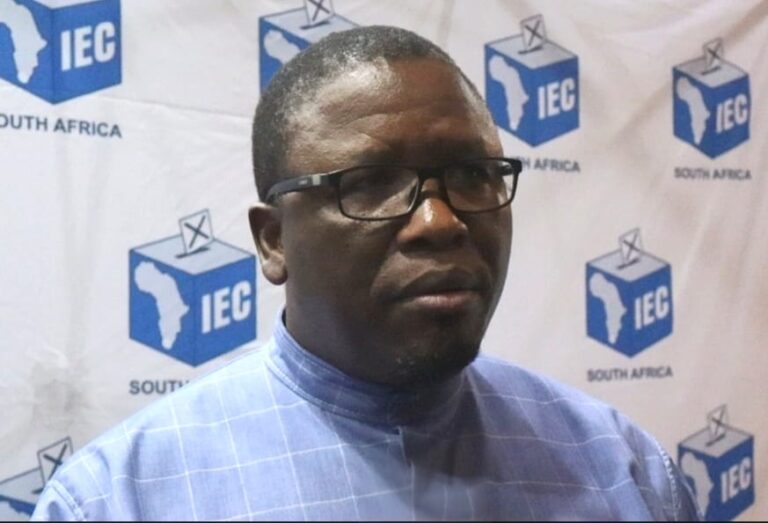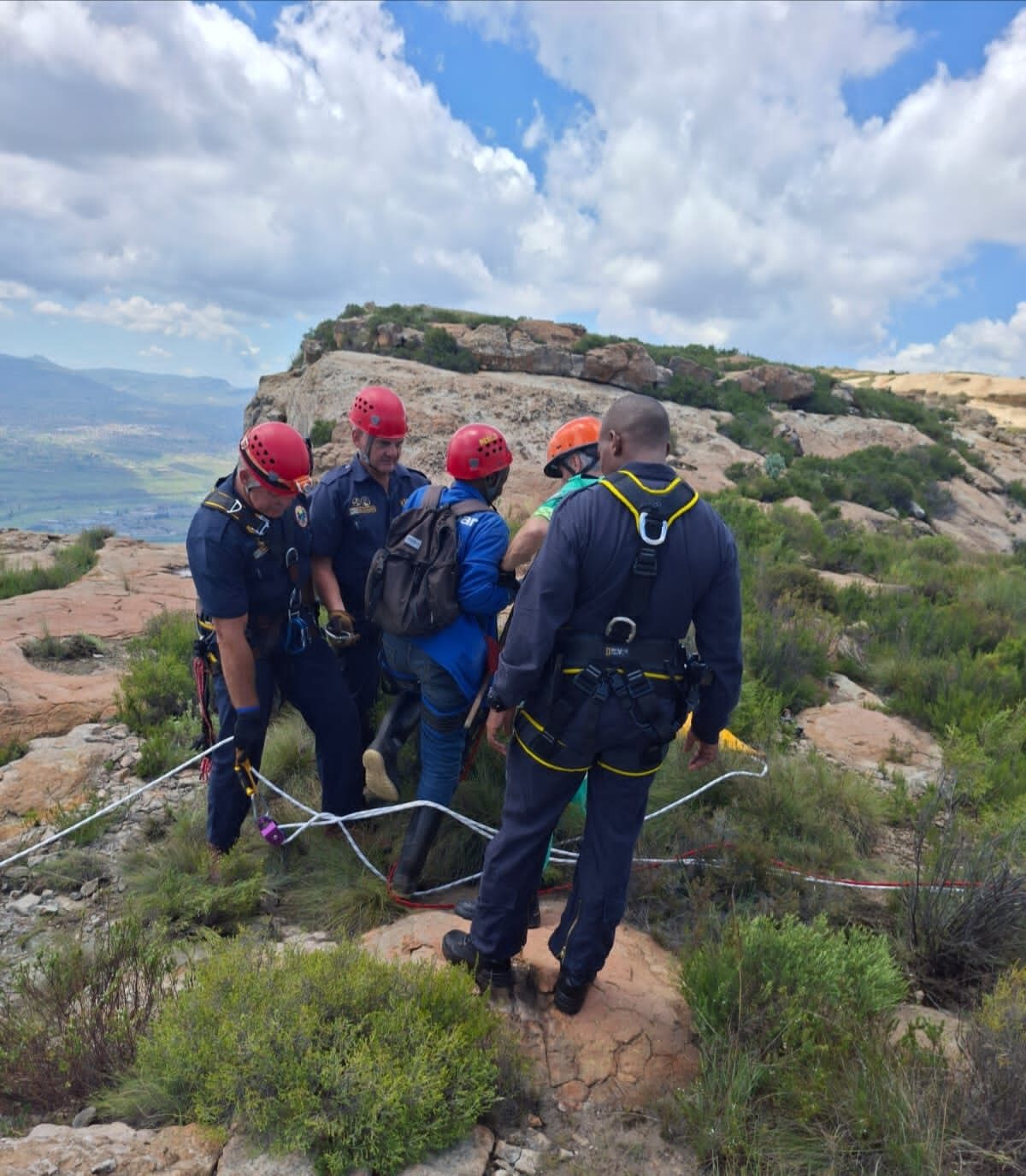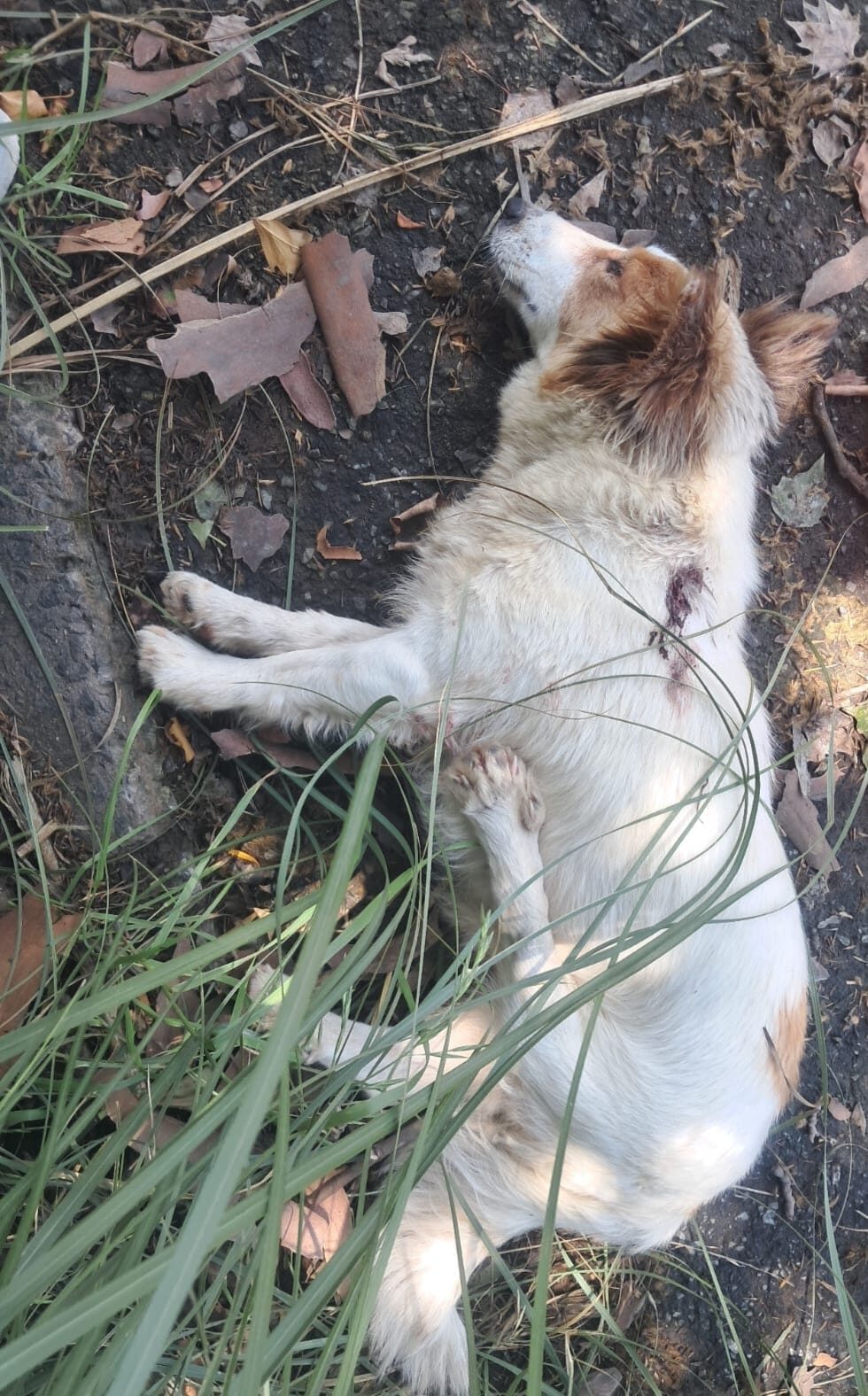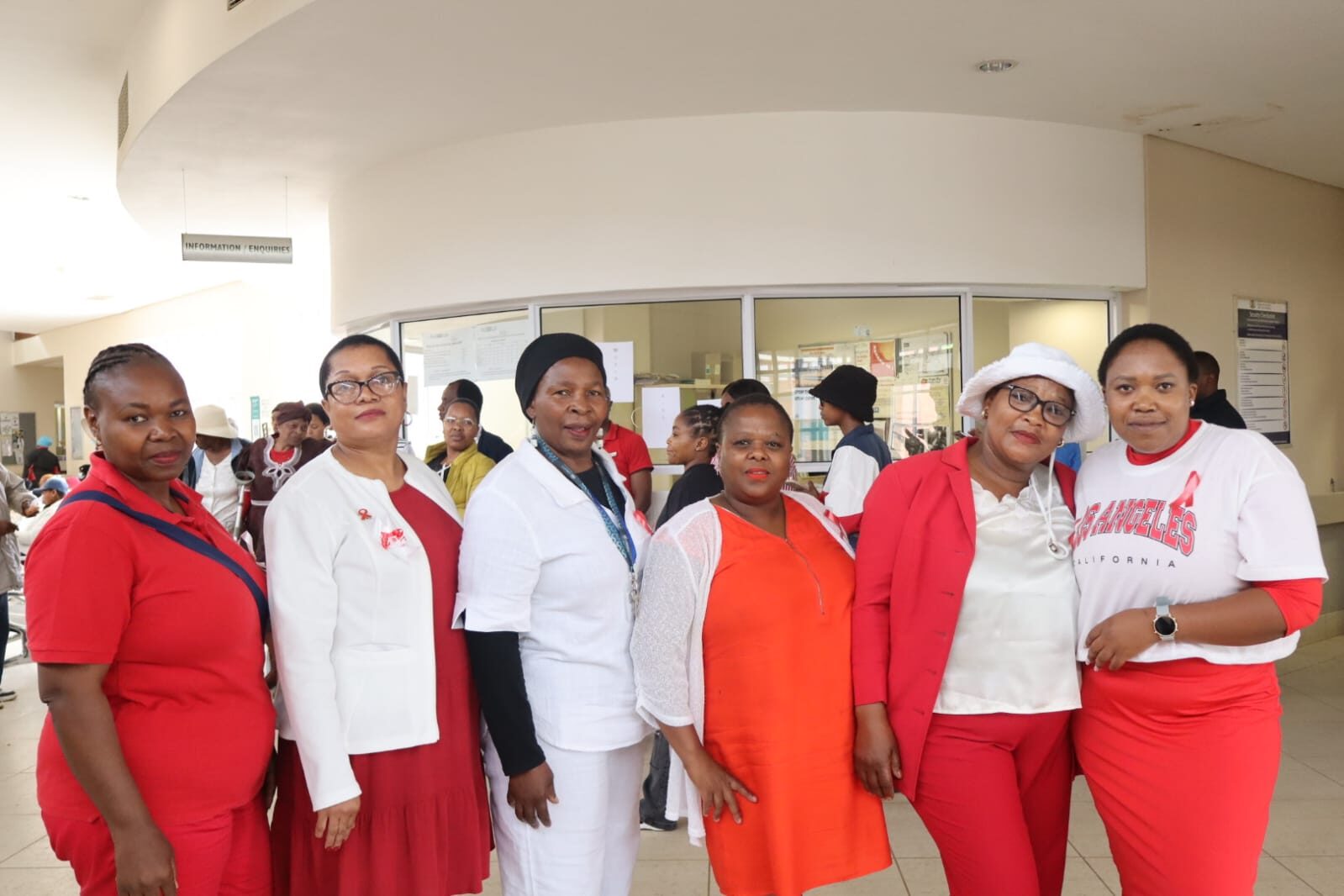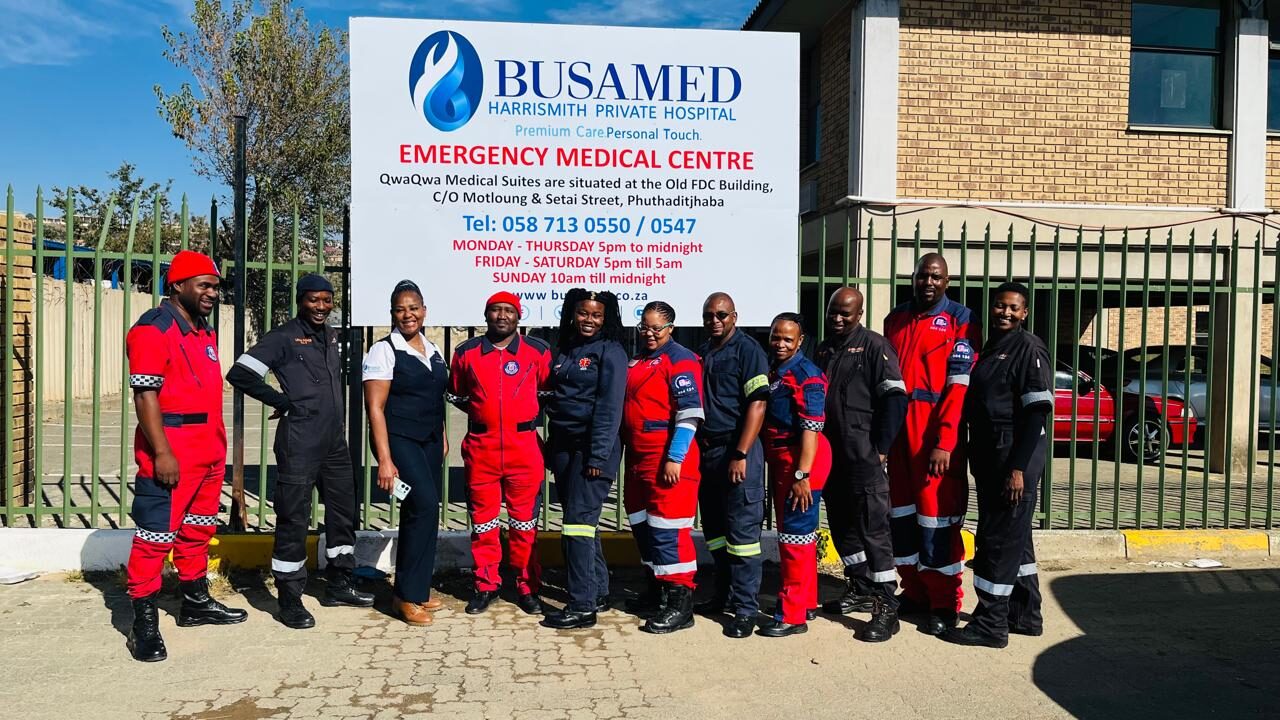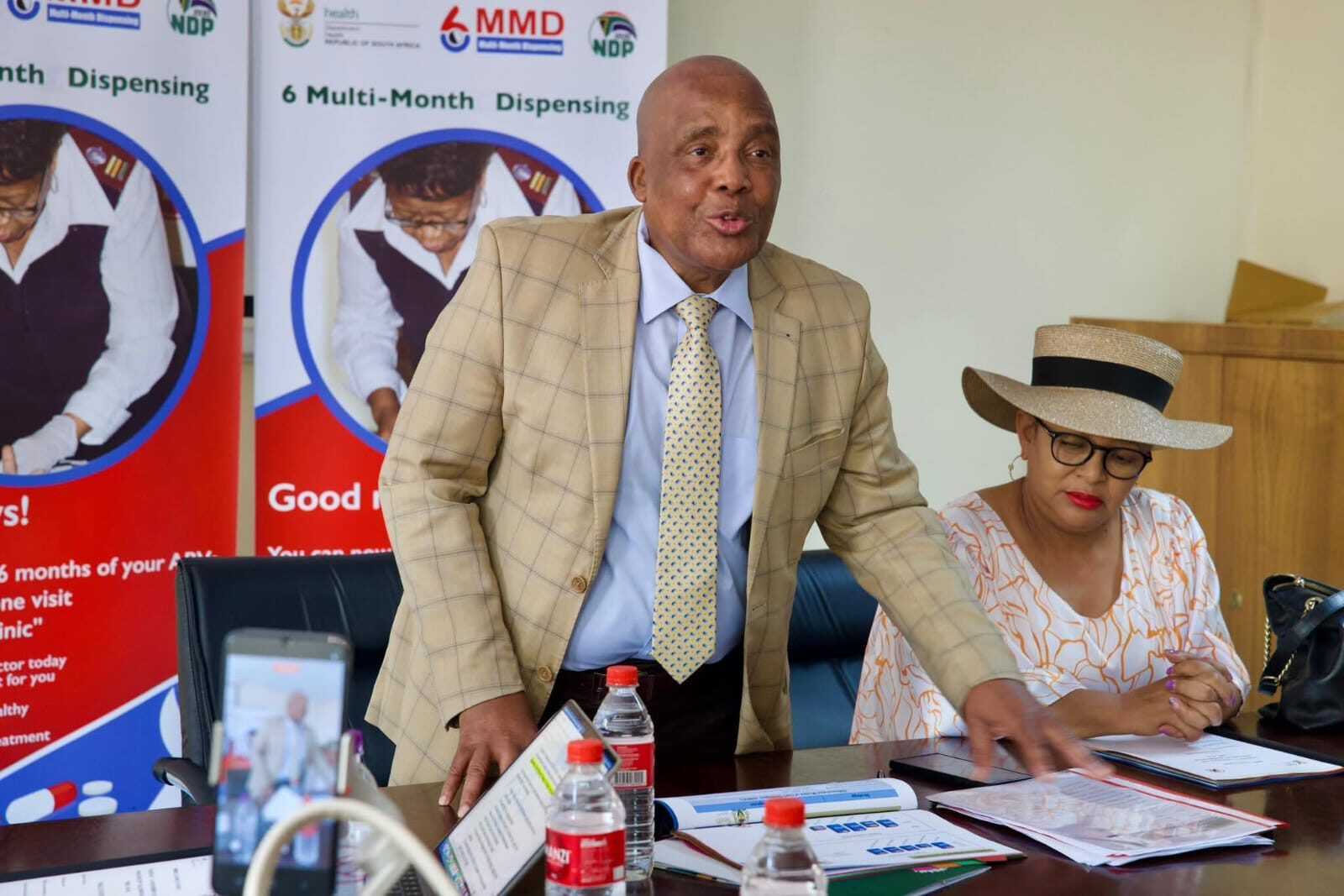By Teboho Moloi
QWAQWA – The closure of the government mortuary at the Phuthaditjhaba police station has left mourning families in emotional turmoil, as they are forced to wait weeks to bury their loved ones due to delays in post-mortem examinations.
The mortuary was shut down due to non-compliance with health and safety standards – a decision that health authorities say was long overdue.
One such affected family is that of Daniel Maphale, 62, from Lusaka. His remains were only released on June 6, nearly a month after his death on May 9, as they awaited a post-mortem.
A relative of the deceased, Josephina Malindi, expressed her confusion over the lengthy delay.
“What kind of examination takes this long, especially when he died in hospital after sustaining burn injuries at home?” she asked.
The Guard has reliably learned that complaints about the mortuary have been ongoing for years. Problems include malfunctioning cold storage units, limited capacity, poor drainage, unreliable water and electricity supply, and a broken ventilation system.
Maphale’s niece, Jabulile Radebe, said the closure has caused immense inconvenience and added emotional strain to an already painful situation. She criticized the lack of communication from officials.
“We would only get updates when we called. They would just tell us he’s number so-and-so and mention they only process two bodies a day; where they take them, we don’t even know,” she said.
Since the closure, post-mortems are now being conducted in Sasolburg, Welkom, and Kroonstad.
The Free State Department of Health has attributed the closure to budget constraints, aging infrastructure, and dilapidated buildings.
Department spokesperson Mondli Mvambi said mortuaries were originally under the South African Police Service and were transferred to provincial health departments without the necessary upgrades or funding.
“As the provincial department now responsible, we must engage constructively with national government to secure budgets and ensure these essential services don’t collapse,” Mvambi stated.
He added that once permission is granted, Qwaqwa cases may also be handled in Bloemfontein.
“We are optimistic about an imminent breakthrough. The needs of the public, especially during times of bereavement, are a top priority,” he said.
Meanwhile, some officials have been seen working from their vehicles outside the closed mortuary to assist grieving families with administrative support.







